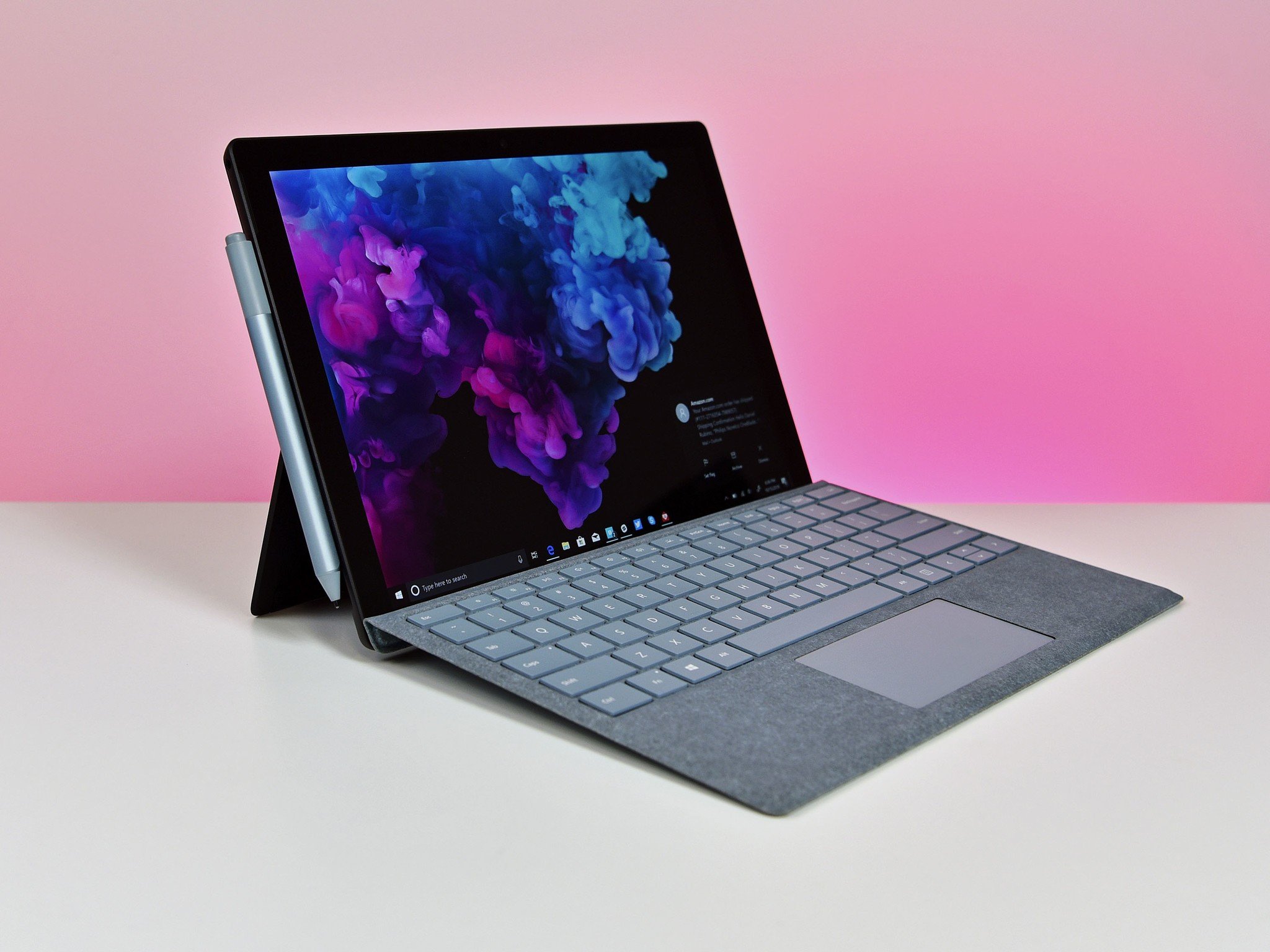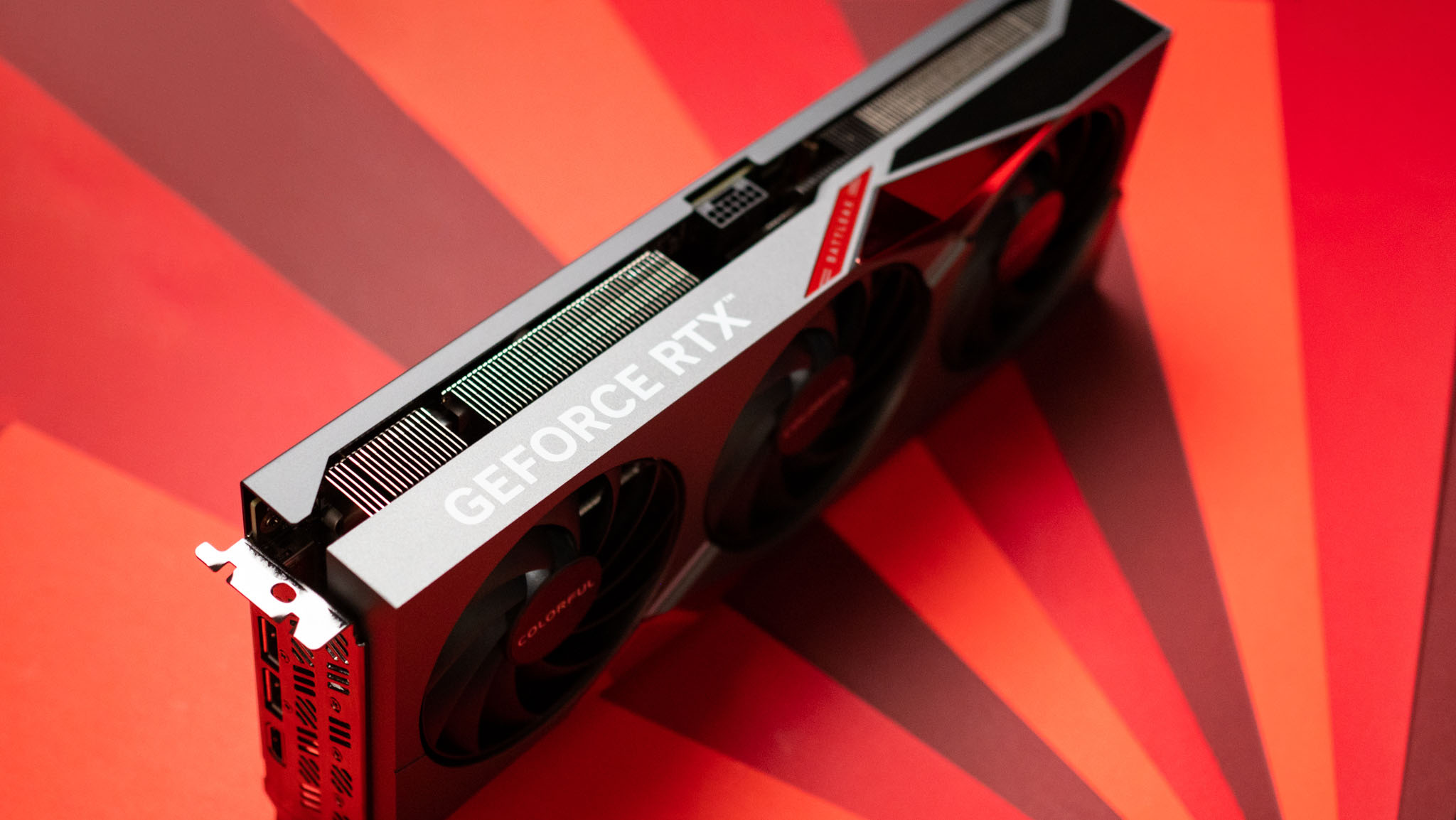Decade in review: 12 stories that changed Microsoft, Windows and Xbox forever in the 2010s
Microsoft saw many momentous developments during the past decade. These are the events, changes and announcements that were most impactful for the company, Windows, and Xbox in the 2010s.
June 2012: Microsoft announces Surface Pro

Microsoft's Surface Pro was a critical and controversial release. Announced June 18, 2012, during what many called the "post-PC era" of declining laptop sales, Microsoft kept pushing the concept until it finally resonated with the masses three years later. It can also be credited with reinvigorating a stagnant laptop industry, and making Ultrabooks not only relevant and exciting but keeping sales alive too. Microsoft did all of this while not alienating its key PC partners like HP, Dell, and Lenovo, who all benefited in the long run.
Initially mocked, the Surface Pro has become the poster child for innovation and a radical rethinking of what a laptop could be for modern users. But it wasn't until Surface Pro 3 and Surface Pro 4 that Microsoft truly realized its vision. Since then, steady improvements, including removing fans, has made the Surface Pro one of the best PCs around.
Microsoft still occasionally struggles with hardware issues like Intel's Skylake processor fiasco from 2015, battery degradation problems, processor throttling, and never including the Type Cover in the final pricing. But the company mostly treats these as learning moments and always seems to improve from the bad press.
As we head into 2020, the Surface Pro design is now so iconic companies like Apple and Google borrow heavily from Microsoft. The Surface Pro is now accepted as a legitimate alternative to the traditional laptop – not a gimmick, not a fad. It also solidified Microsoft's hardware ambitions and is the base for all future Surface hardware.
Microsoft still has more work to do with the Surface Pro – there can never be too much battery or processing power – but the overall concept is here to stay. Surface Pro X is an offshoot of that design pushing mobility even further. And the forthcoming dual-screen Surface Neo is an even more radical theory of mobile computing that is about to kick off the next decade.
Get the Windows Central Newsletter
All the latest news, reviews, and guides for Windows and Xbox diehards.
Home to the most invested and passionate Microsoft fans, Windows Central is the next generation destination for news, reviews, advice and buying recommendations on the Windows, PC and Xbox ecosystems, following all products, apps, software, AI advancements, and accessories. We've been around for more than decade, and we take our jobs seriously. Windows Central writers and editors value accuracy and editorial independence in everything we do, never receiving compensation for coverage and never pulling punches.

